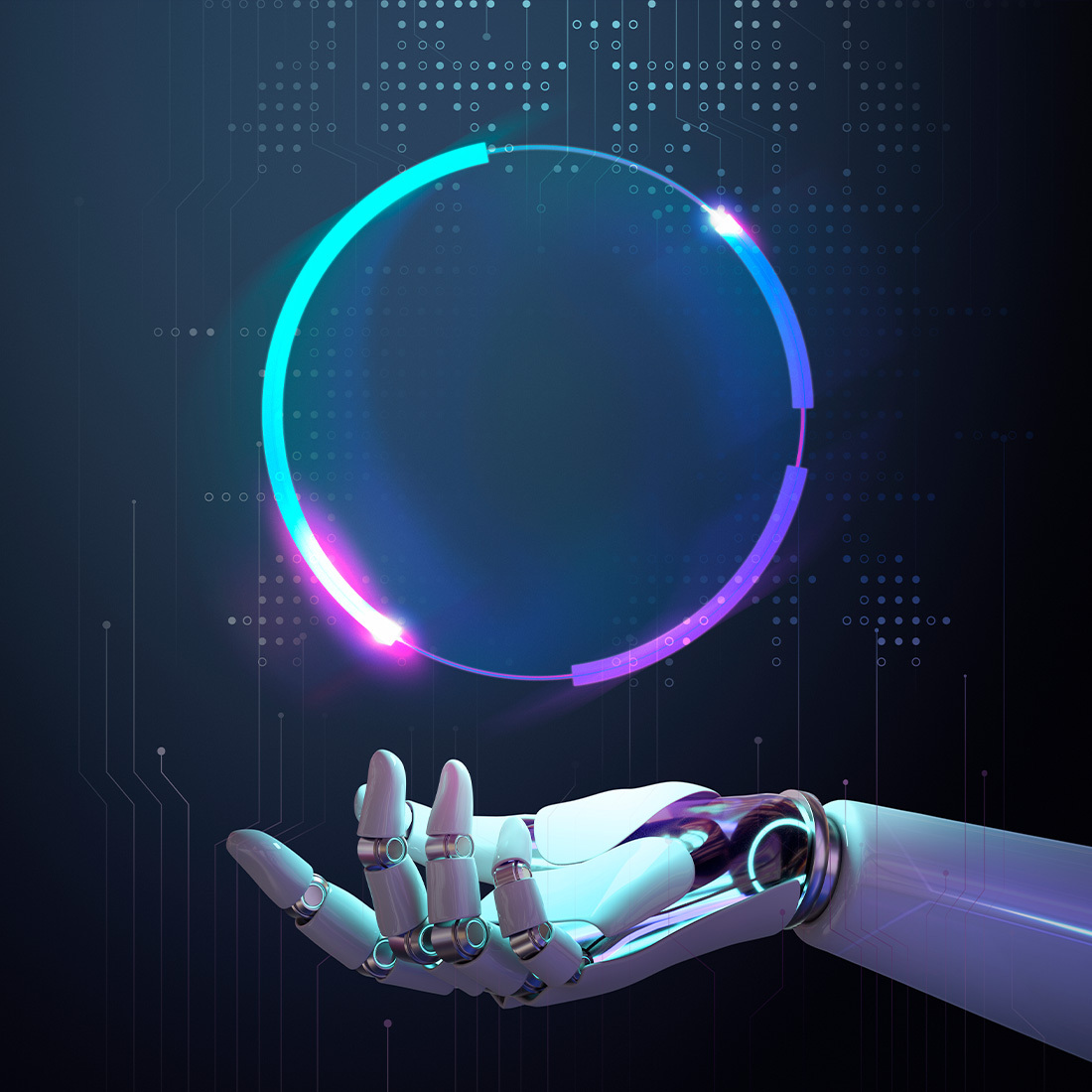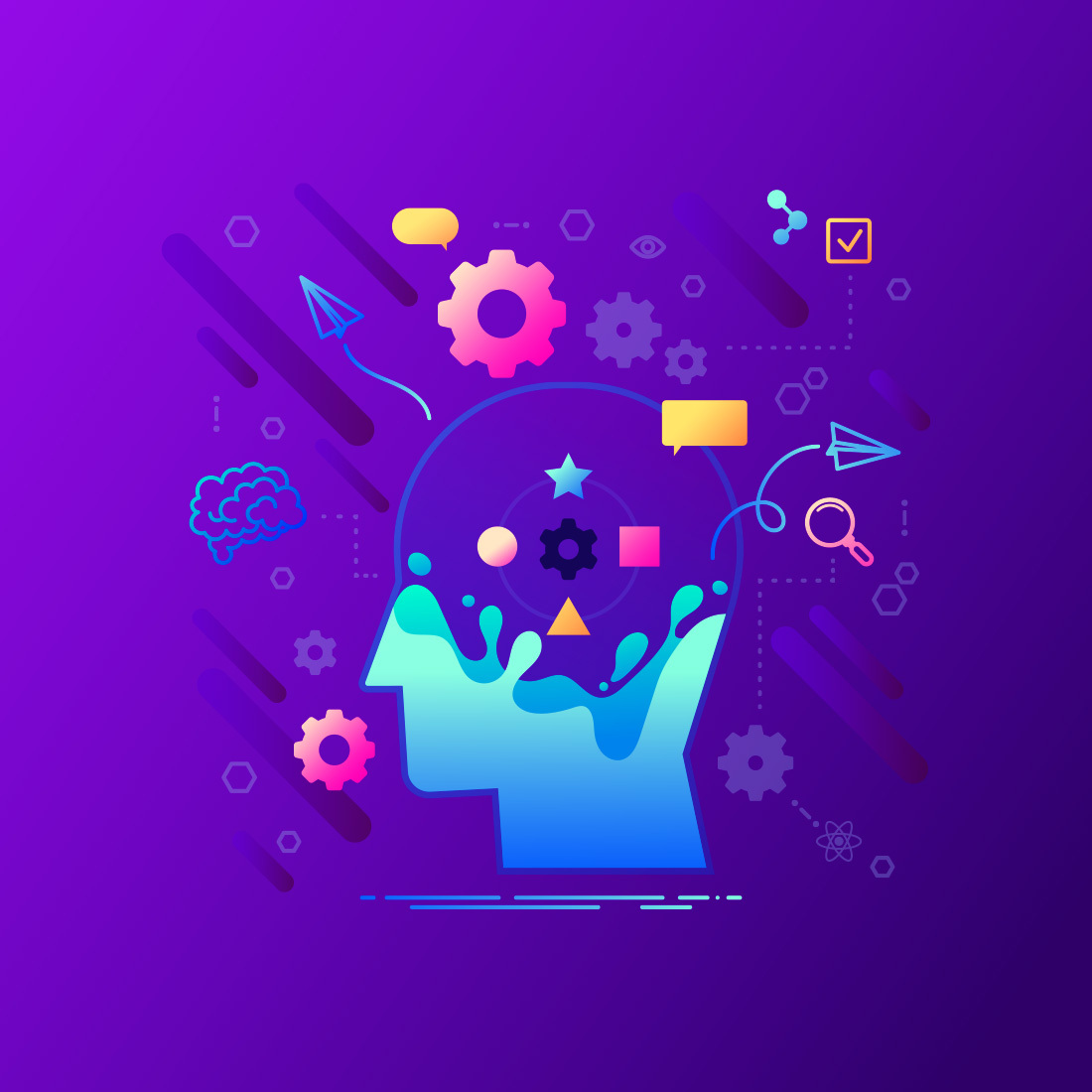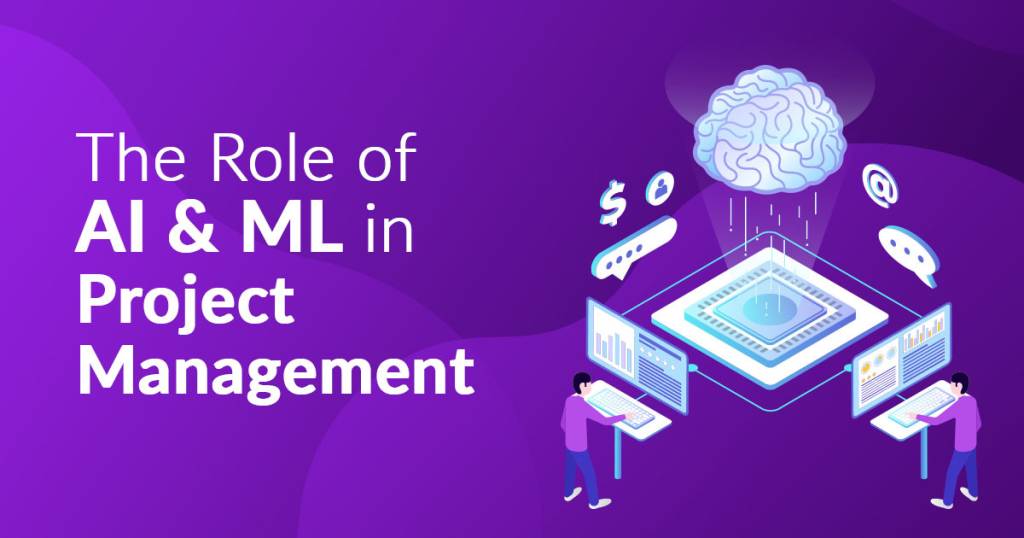The 21st century is witnessing the transformative impact of the digital revolution, where Artificial intelligence (AI) and Machine Learning (ML) integration are reshaping the future of software project recovery services. This exploration delves into how AI and ML govern the rescue of software development projects, revamping conventional landscapes for optimal outcomes.
AI & ML Transformations
1. Predictive Analytics: The Proactive Pathway

In the realm of software project rescue, AI and ML offer a significant advantage by proactively predicting potential challenges. Through the power of Predictive Analytics, fueled by ML, these technologies delve into past data to identify patterns that can help foresee project delays. Managing the intricate orchestration of software development often poses a daunting task when it comes to project scheduling. However, ML can greatly alleviate this challenge by providing accurate projections for tasks and deadlines, thereby enabling more informed management decisions.
Meanwhile, AI applies its impressive pattern recognition capabilities to detect signs that signal a potential distraction from the project’s course. By identifying these signs early, project managers can employ the necessary evasive actions to veer the project back onto its track.
2. Data-Driven Decision Making (D3M)
The future of software project rescue is set to revolve around data at its core. AI-equipped tools are predicted to replace human intuition and emotions with D3M, a transformative technology. While these assumptions draw upon years of industry experience, they still retain subjective elements and vulnerability to bias.
Instead, project decisions can rely on solid metrics and unequivocal data patterns. This approach reveals more accurate directives for allocating resources, managing risks, and prioritizing tasks. As a result, project managers gain the distinct advantage of basing their strategies on facts rather than mere conjecture—a valuable asset when rescuing a software project in need of triage.
3. Risk Management with ML
Project management is akin to navigating a ship in turbulent waters, where risks pose constant threats. ML equips project managers with the power to foresee these risks and devise a preemptive strategy before they manifest as project deterrents. Through correlation analysis of past data, ML can predict potential risks and offer a more proactive risk management strategy.
Read More: 2023: The Era of Reformation in Software Product Development – AI, IoT, and Beyond
AI & ML: Automating the Routine

According to research conducted by the Project Management Institute (PMI), project managers devote a significant portion, approximately 54%, of their time to handling administrative tasks. Artificial intelligence (AI) plays a crucial role in alleviating this burden by managing various responsibilities including meeting organization, document interpretation, and report generation.
AI can automate various everyday tasks, which can significantly reduce the time needed for their completion. With AI algorithms taking care of tasks such as scheduling meetings, interpreting complex reports, and generating diverse documents, a substantial amount of time is saved. This allows project managers and software development companies to allocate their valuable time towards strategic operations, ultimately enhancing the success rate of software project rescue interventions.
AI & ML: The Vision for the Future
1. Real-Time Project Management
AI and ML are revolutionizing project management. They enable real-time adjustments to project parameters in response to fluctuating external and internal factors. As a result, changes such as team availability, resource allocation, and project deadlines can be seamlessly updated in real-time. This transformative approach has the potential to minimize project timeline overruns and budgeting issues, completely transforming the way software projects are rescued.
2. The Rise of AI-Powered Bots

AI-powered bots, also known as AI ChatBots, are emerging from the realms of AI advancement. These virtual team members excel at providing real-time updates to project stakeholders. They handle routine queries about project status, assignment updates, and resource availability that were traditionally managed by project managers. The presence of these bots brings greater transparency to project management and eliminates friction points that could potentially escalate a project, thereby mitigating the need for software project rescues.
Read More: Streamline Software Product Development: Top 10 Tools in 2023
3. Deep Learning Leads The Way

Deep Learning, an advanced facet of AI, simulates the functioning of the human brain to process data and uncover patterns for decision-making. It can forecast future trends that can impact project trajectories, such as determining when additional resources may be needed or predicting performance-based risks. This remarkable capability significantly enhances the efficiency and accuracy of software project rescue operations.
4. Personalized Experiences and Services
Personalized experiences and services, made possible by advancements in AI and ML, play a crucial role in customizing products, interactions, and offerings to cater to the specific preferences and needs of individual users or customers. Segmenting and profiling individuals based on shared characteristics helps create targeted experiences. Additionally, AI-powered recommendation engines improve personalization by suggesting products or content that align with a user’s past behavior.
5. Continual Learning and Adaptability
Lifelong learning, transfer learning, and meta-learning are techniques that enable models to accumulate knowledge from new data without starting from scratch. This capacity is particularly crucial in scenarios where data distributions change over time. AI systems equipped with continual learning can adapt to these shifts without compromising their performance. Furthermore, continual learning empowers autonomous systems like robots and self-driving cars to learn and adapt to new environments, tasks, and challenges they may encounter.
Challenges and Bottlenecks
Developing technologies always encounter challenges, and AI and ML are no different. The triad of hurdles threatening the integration of AI and ML into project management consists of data privacy concerns, lack of accurate and ample training data, and fears regarding job loss. However, it is crucial to consider the bigger picture—their role in facilitating faster, more effective, and efficient software project rescues.
Concluding Thoughts
AI and ML go beyond being mere technological upgrades; they represent a paradigm shift in conventional methodologies for rescuing software projects. They pave the way towards a dynamically evolving ecosystem where decisions are driven by data, predictions are made at the right time, automation liberates valuable time, and communication remains transparent.
As technologies continue to grow and mature, they hold the key to unlocking even greater potential that will reshape the landscape of project management. This ongoing revolution is set to change how projects are approached and planned. Connect with us to make your project exceptional.


